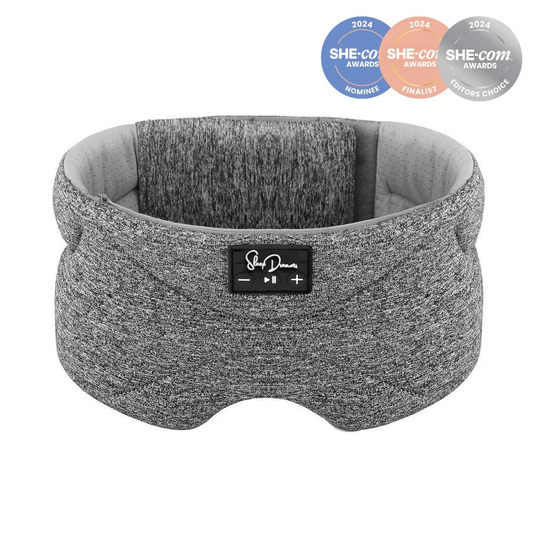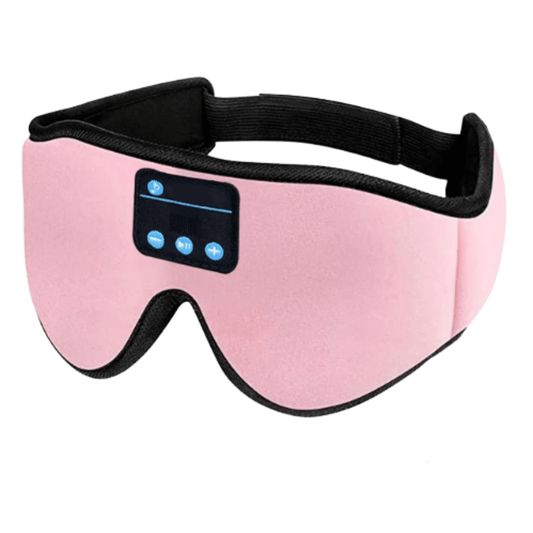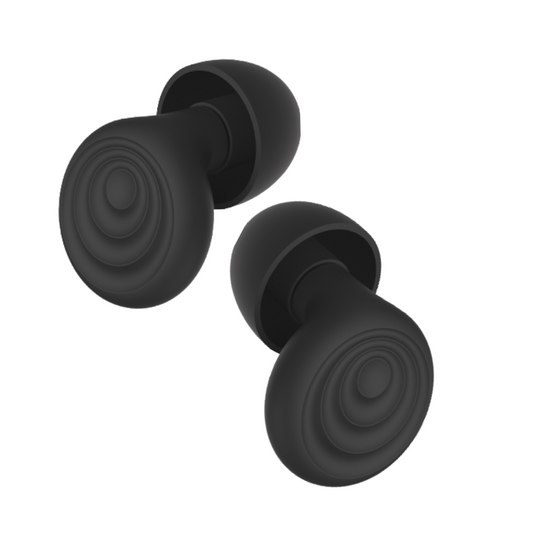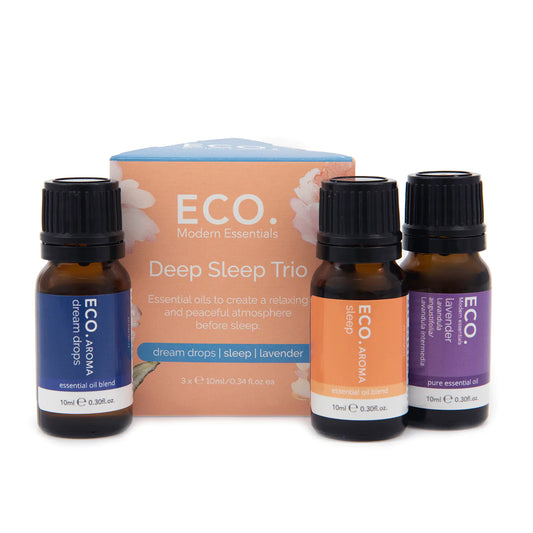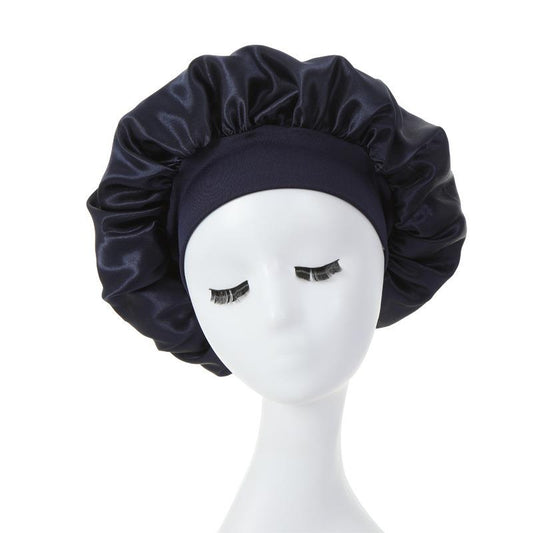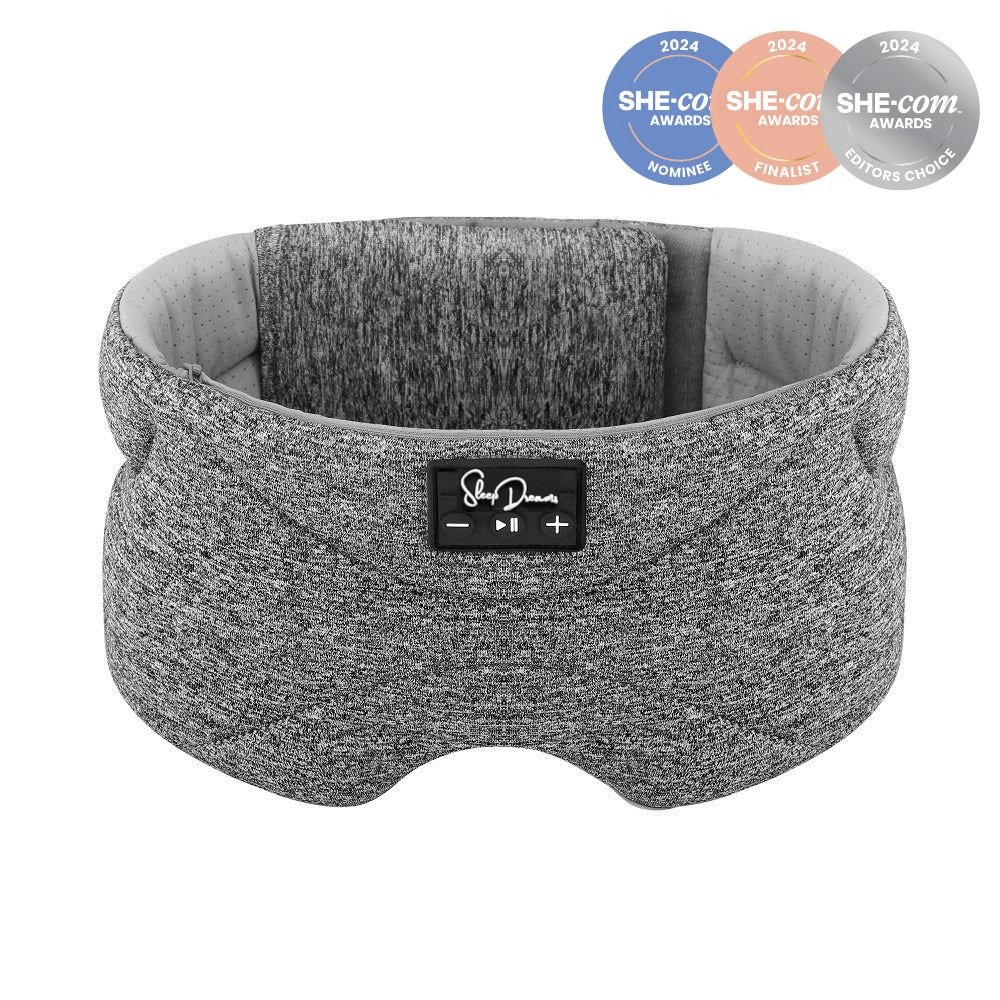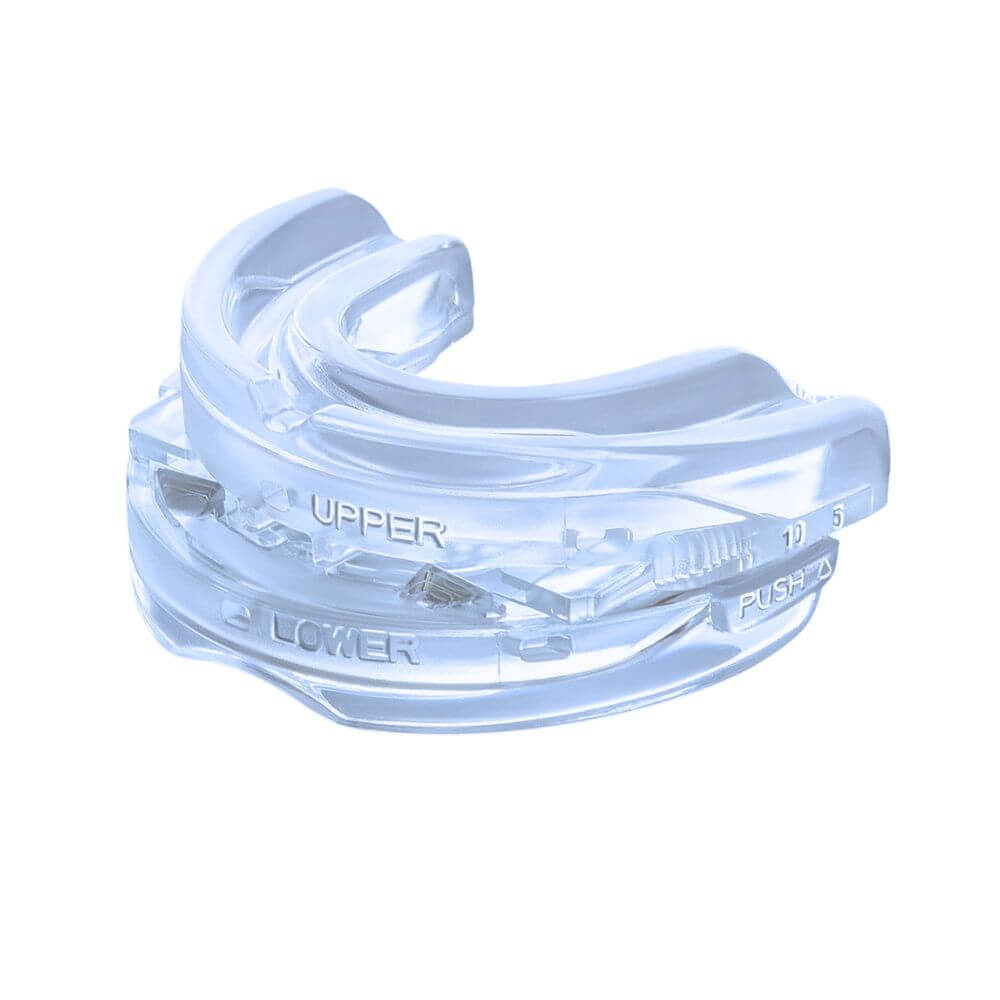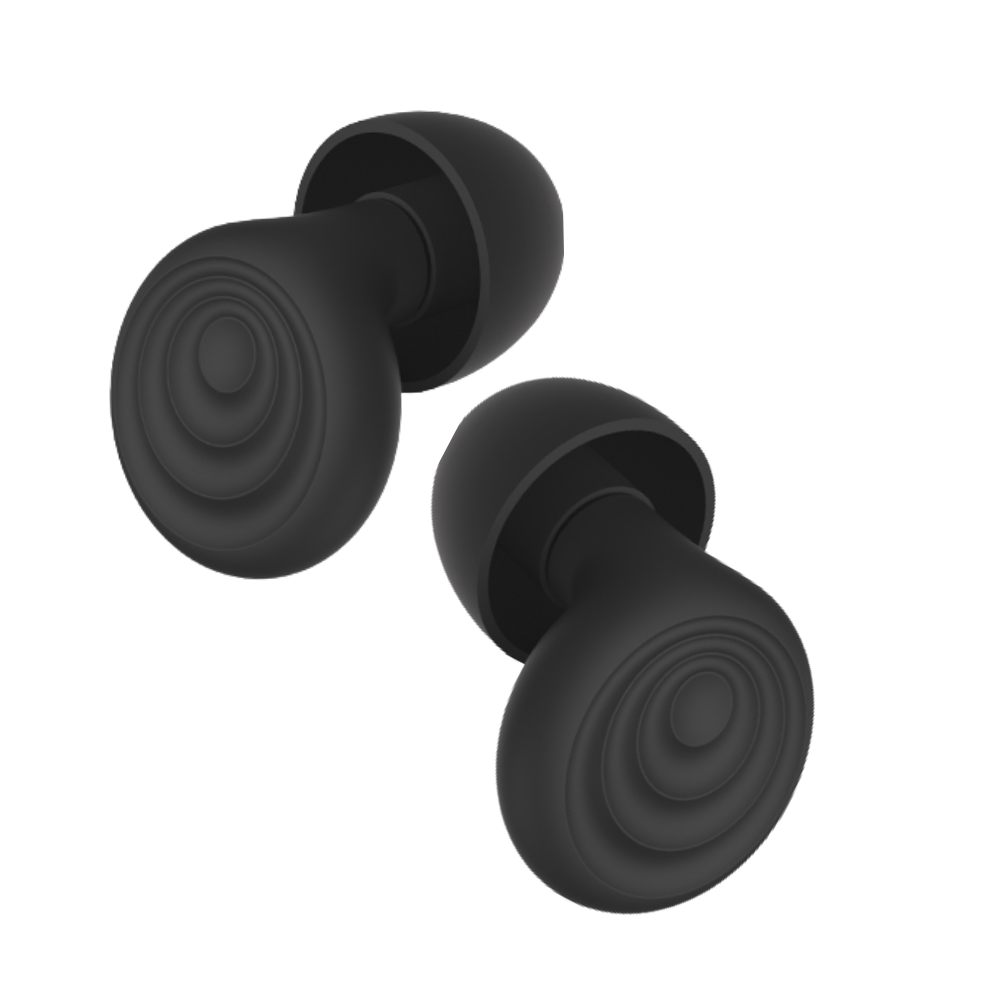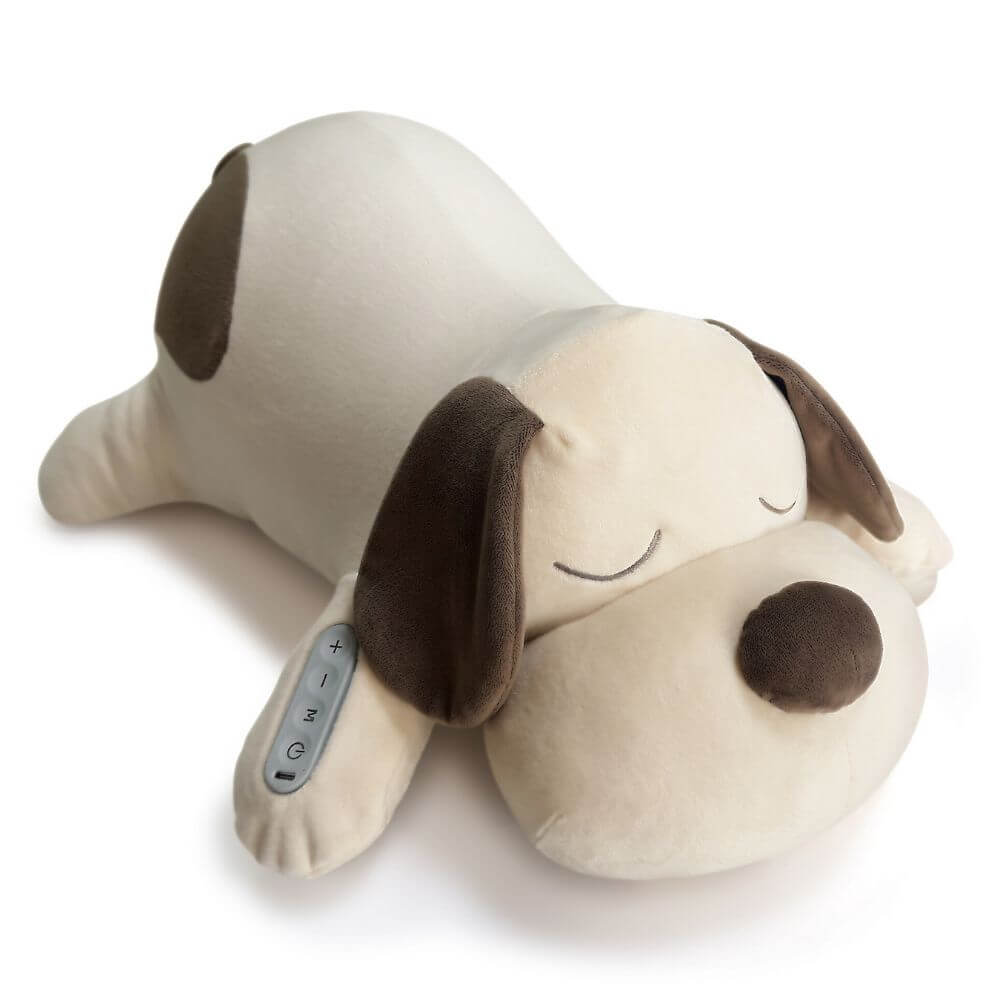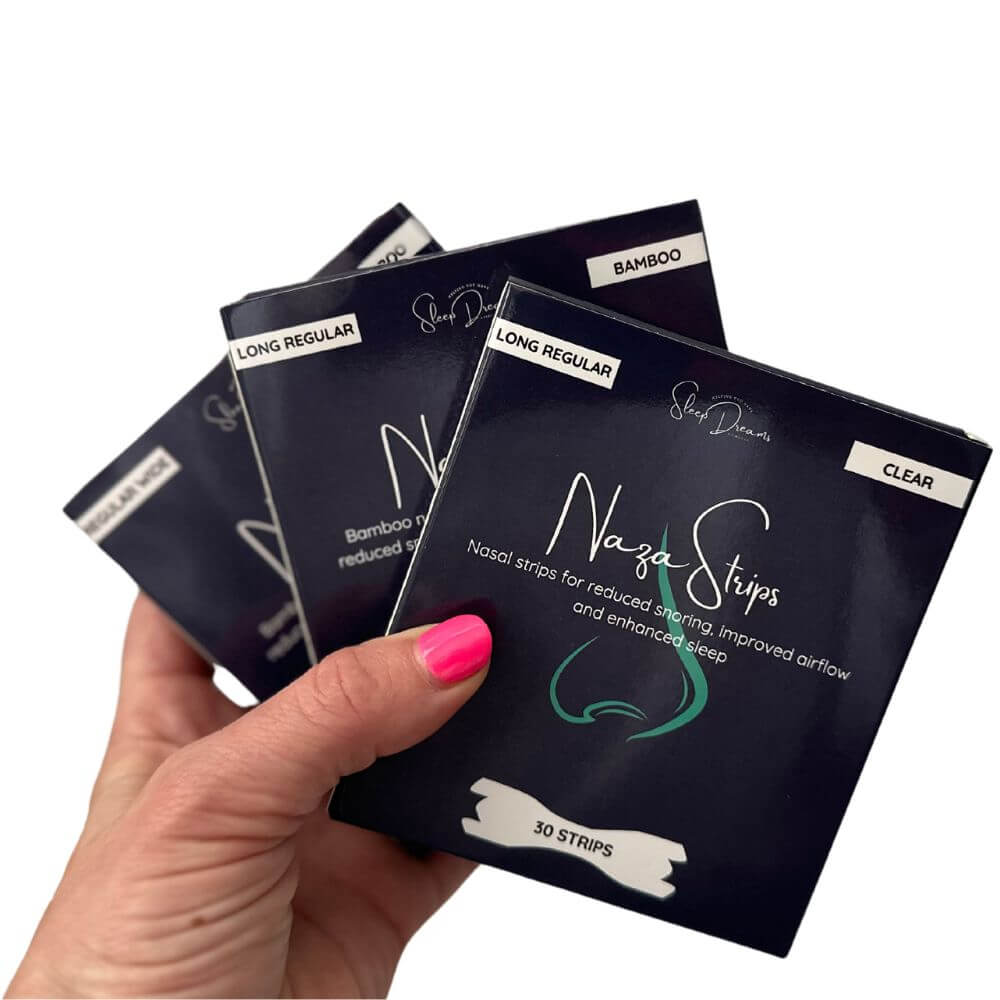If you're an Aussie who suffers from allergies and finds it hard to get a good night's rest, you're not alone. Allergies can cause a host of symptoms that can keep you up all night sneezing, itching, coughing, and rubbing your eyes. Fortunately, there are ways to manage allergy symptoms so that they don't interfere with your sleep. In this article, we'll explore what allergies can keep you awake at night and how to treat them so that you can get the restful sleep you deserve.

Common Allergens That Keep Us Awake At Night
The most common allergens in Australia are dust mites, pet dander, mould spores, pollens from various plants and trees (including grasses), and cockroach droppings. These allergens are found in most homes and can be difficult to avoid as they tend to accumulate on furniture, bedding, pillows, carpets and other surfaces indoors.
Dust Mites
Dust mites are one of the most common causes of allergies in Australia and can cause a whole host of symptoms, including sneezing, coughing, itchy eyes and runny noses. These tiny creatures feed off dead skin cells that humans and animals shed every day and their droppings can accumulate in mattresses, pillows and carpets. The best way to combat dust mites is with regular vacuuming and dusting as well as washing bedding in hot water at least once a week.
Pollen
Pollen is another major allergen that affects many Australians throughout the year. Pollen is released by plants during different seasons depending on the type of pollen – grass pollen is released during summer while tree pollen is released during springtime. Symptoms associated with pollen allergies include sneezing, itchy eyes, runny noses and coughing. To reduce your exposure to pollen try to stay indoors when possible or use air conditioning if you need to be outside. Wearing sunglasses can also help prevent irritation from wind-blown pollen grains.
Mould Spores
Mould spores are another potential allergy trigger as they tend to thrive in damp environments like bathrooms or basements where there is often poor ventilation or air circulation. Symptoms associated with mould allergies include coughing, wheezing, itchy eyes and runny noses. To reduce your exposure to mould spores try using an air purifier or dehumidifier in areas of your home where mould growth may be present such as bathrooms or basements. Additionally, opening windows regularly will help improve air circulation which should reduce the amount of mould spores present in the air.
Pet Dander
Pet dander can cause health issues such as asthma, allergies and difficulty sleeping. Pet dander is microscopic particles of skin and fur shed by animals like cats and dogs. These tiny particles are created when the pet grooms itself which then become airborne, triggering sensitivities and asthmatic reactions in some individuals. People with allergies to pet dander may experience sneezing, coughing, itchy eyes, shortness of breath or wheezing. Additionally, because pet dander is a common cause of insomnia, sleeping in a home with pets can be difficult for allergy sufferers. The only way to avoid these bothersome symptoms is to remove the source of pet dander from your home or use an air purifier to capture the allergens from circulating through the air.
Insect Stings and Bites
Insect stings, especially as they are common in Australia, can have a significant impact on sleep. In the warmer months of the year when insect activity is at its peak, people may find that they are waking up throughout the night due to discomfort from bee and wasp stings which can be quite painful or the annoyance of mosquito bites and need to itch.
Those living in more rural areas with more frequent exposure to insects may find that purchasing a mosquito net can help reduce potential insect contact during sleep. It is wise to always seek medical attention for any sting if you are concerned about it.
Latex
Latex allergies can severely impact a person's quality of sleep. Allergic reactions to latex are usually caused by direct contact with the material, but some may experience an allergic reaction even if just inhaling particles from it. Symptoms may include difficulty breathing, hives, itching and swelling, all of which can interfere with a good night's rest. People who are allergic to latex should avoid using products that contain it, such as rubber gloves or mattresses made from latex foam. Alternatively, they can look for hypoallergenic models that are designed specifically for people with allergies.
Treating Your Allergies So You Can Sleep At Night
The good news is that there are treatments available for allergies which can help reduce their impact on sleep quality. The first step is identifying what is causing the allergy so you can remove it from your sleeping environment.
One of the best ways to reduce exposure to allergens is by using hypoallergenic bedding materials such as anti-allergy mattress covers and pillowcases made with special materials designed specifically to trap allergens before they can reach your skin or nose.
Regular vacuuming with an HEPA filter vacuum cleaner will help reduce the amount of dust mites in your home if your allergy is cause my pet dander.
If these measures aren’t enough then it may be time to consider seeing a doctor or specialist who could prescribe medication such as antihistamines or nasal sprays which will help relieve allergy symptoms so you can get some much-needed shut-eye!
Getting a good night's rest is essential for our physical health and mental well-being—but unfortunately allergies often stand in the way of achieving this goal for many Australians. Knowing which allergens are keeping us up at night is key to understanding how best to address them so we can finally get the sleep we need! With simple preventative measures such as hypoallergenic bedding materials and regular vacuuming combined with medications prescribed by a doctor or specialist if necessary; we should have no problem getting better quality sleep despite our allergies.








